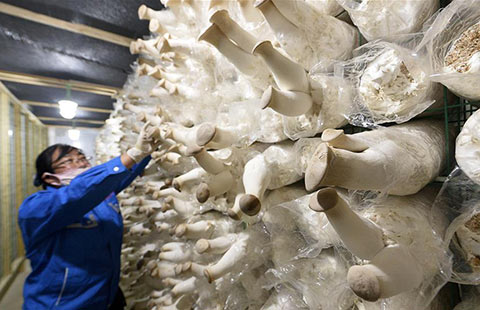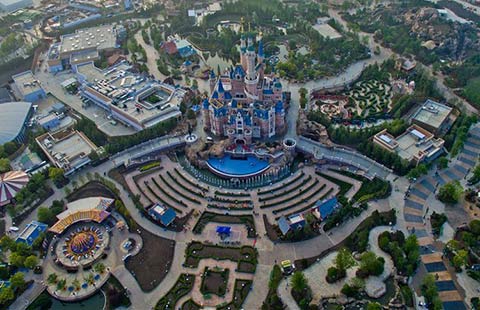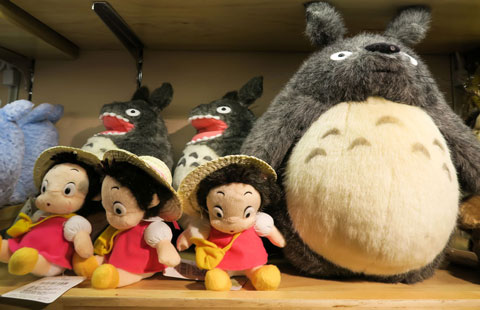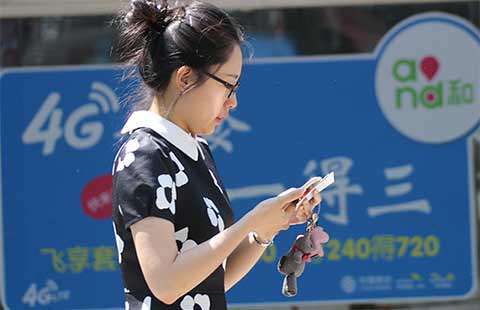

With its convenient location, between the main airport and downtown, and the large office work force, the company aims to make most of the market that the people living in the area offer.
"Apart from the office and business hotel component, a shopping center is a regional hub that offers a one-stop solution to meet the demands of consumers for a movie on the weekend, for dating needs, for a good meal, or for day-to-day needs," Kong says.
Good choice
Goods need not be expensive, but they need to be good selections, he says.
So the key to choosing brands is not the price or their popularity, but whether they are attractive to those living in the area and whether they gel with each shopping center's trade-mix concept.
"In general, overseas brands account for 70 percent of the three projects' brands. How to make brands together under one roof and make it interesting is important for us."
When it comes to determining the target consumer for each shopping center, Kong says he is reluctant to over-categorize customers.
"People who are interested in quality and the environment will come to us. Choices are there, but you don't need to spend a lot of money. You can just go for a cup of coffee with about 30 yuan ($4.75)."
Retail leases generally last three to five years, meaning shops and brands can be refreshed from time to time.
At Sanlitun Village, opened in 2008, Swire Properties brought in 33 new tenants in one section last year in an effort to improve the mix.
"There are always changes, and new shops are popping up there," Kong says. However, he sees no need to be in a rush to grow.
A company project in Chengdu, Daci Temple, is due to be completed in 2014, and a project in Shanghai, including a shopping mall, is expected to open after 2016.
This year Swire Properties also announced that it has plans for a multipurpose project in Miami with gross floor space of about 269,000 sq m, including space for shopping and dining.
yaojing@chinadaily.com.cn
 Purr-fect store: Read books as cats nap on your lap
Purr-fect store: Read books as cats nap on your lap
 Young golfers enjoy the rub of the green
Young golfers enjoy the rub of the green
 Mushroom cultivation bases established in Ningxia
Mushroom cultivation bases established in Ningxia
 Shanghai Disneyland starts soft opening on Saturday
Shanghai Disneyland starts soft opening on Saturday
 Teapot craftsman makes innovation, passes down techniques
Teapot craftsman makes innovation, passes down techniques
 Top 8 iOS apps recommend for Mothers
Top 8 iOS apps recommend for Mothers
 Japanese animator Miyazaki's shop a big hit in Shanghai
Japanese animator Miyazaki's shop a big hit in Shanghai
 Top 5 smartphone vendors worldwide
Top 5 smartphone vendors worldwide
 China's manufacturing activity expands at slower pace
China's manufacturing activity expands at slower pace

